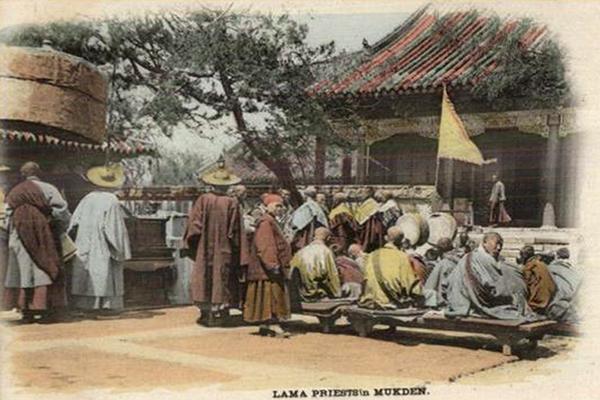
The Institute for Chinese Studies presents:
"A Sacred Capital for the Empire: Tibetan Buddhism in Qing’s Mukden"
Nianshen Song
University of Maryland, Baltimore County
With Discussant:
Christopher Atwood
University of Pennsylvania
Flyer: Song Flyer [PDF]
Abstract:
Many scholars talk about the Inner Asian nature of the Qing Empire, which was partially evidenced by Qing’s patronage of Tibetan Buddhism. But how did this patron-priest relationship start, construct and manage? This talk provides an answer by investigating the very first royal temples built in Mukden, the Qing capital before its conquest of inner China. Memories constructed by both the state and local people suggested that Mukden temples predicted the “great unity” of the Qing empire, and shaped Mukden into a mandala, an Esoteric Buddhist symbol that represented the universe. But why were they established? Who designed them? What did they symbolize? How were they institutionalized and mythicized? How did the Qing government support and supervise these temples? Locating the Mukden monasteries in Qing’s overall Buddhist network, this talk examines the interactions between multiple ethnic groups and between the state, lamas, and local society.
